In the last year or two have you found that you have more children, exhibiting more severe challenging behavior, more often than ever before?
Many teachers tell me their strategies for preventing and for responding to challenging behavior just don’t work like they used to.
Programs everywhere seem to be reporting that children are coming to school behind where they’d expect them to be developmentally…
…especially when it comes to social-emotional skills and the ability to self-regulate.
Most teachers also report having children - with known or unknown trauma histories - who fall to pieces over the smallest things or go from 0-10 in rage over disappointments big and small.
Many early childhood teachers are STRUGGLING to get children to do simple things like cooperate, move through classroom routines, and deal with disappointment.
What if the 2024-2025 school year could be different?
How are your skills and tools in the following 4 areas? I invite you to assess…
Connect: How are your techniques for successfully building trust and cooperation with each and every child in your classroom working? Do you need new techniques and/or to finesse what you do to effectively connect with the children that challenge you most?
Prevent: Do the tools you use to elicit cooperation during clean up, getting to large group, coming back indoors from outdoor play, going from lunch to nap work consistently to support most children most of the time? How’d it go in the last year with engaged and cooperating during circle time, story time and other teacher-led experiences?
Respond: Have you ever responded to a child who was upset or hitting and found that no matter what you say or do they continue or worse yet things seem to escalate to the point of swearing, running away, throwing things, trying to run out of the room or hurting you or others? How’s your toolkit when it comes to helping the children who challenge you most return to calm so you can minimize disruptions and keep everyone safe?
Teach: Let’s talk about strategies for effectively teaching each and every child to use their words (not their hands) and to self-regulate and return to calm when they get upset. Yes, educators need effective tools and strategies in the 3 areas above but once we teach children to self-regulate consistently and they acquire social-emotional skills your job can become A LOT easier. So, how do you ensure all children actually acquire these abilities during their time with you?
If you had to pick 1 area above which one do you feel strongest in?
In which of the four areas do you need some new tools and strategies?
Let me know in the comments below.

